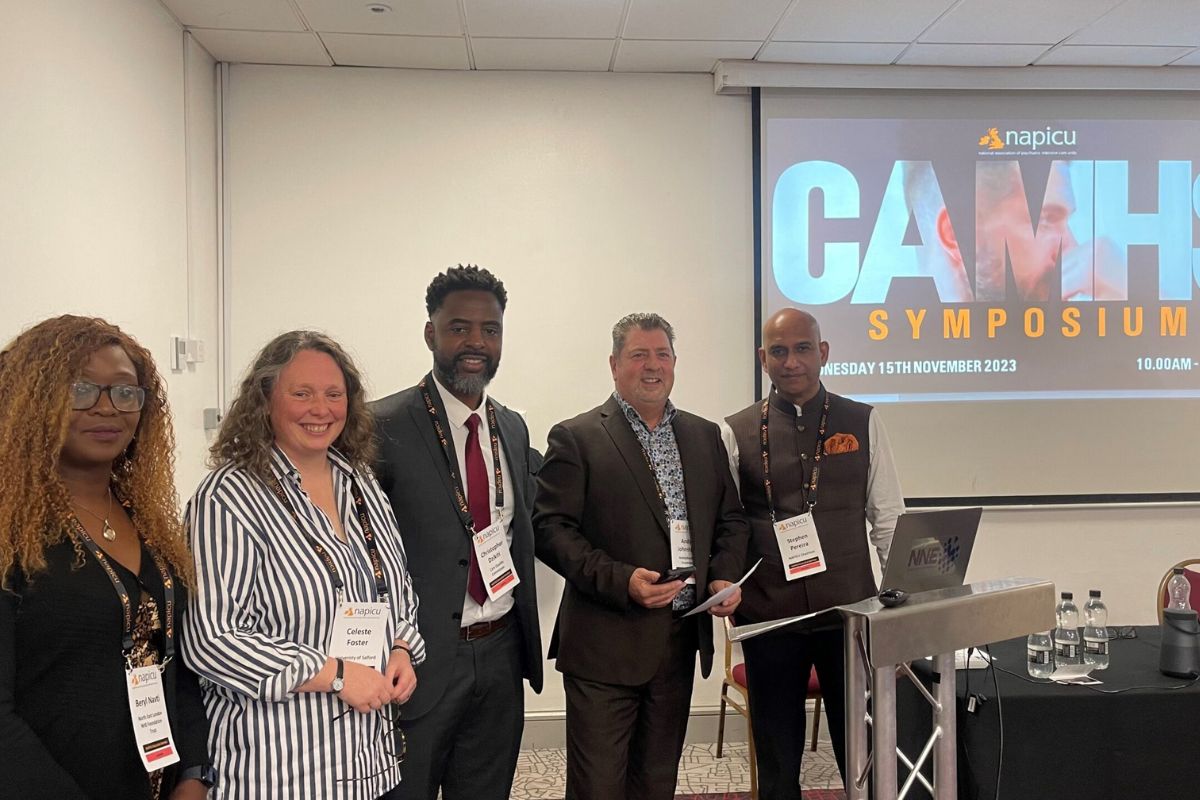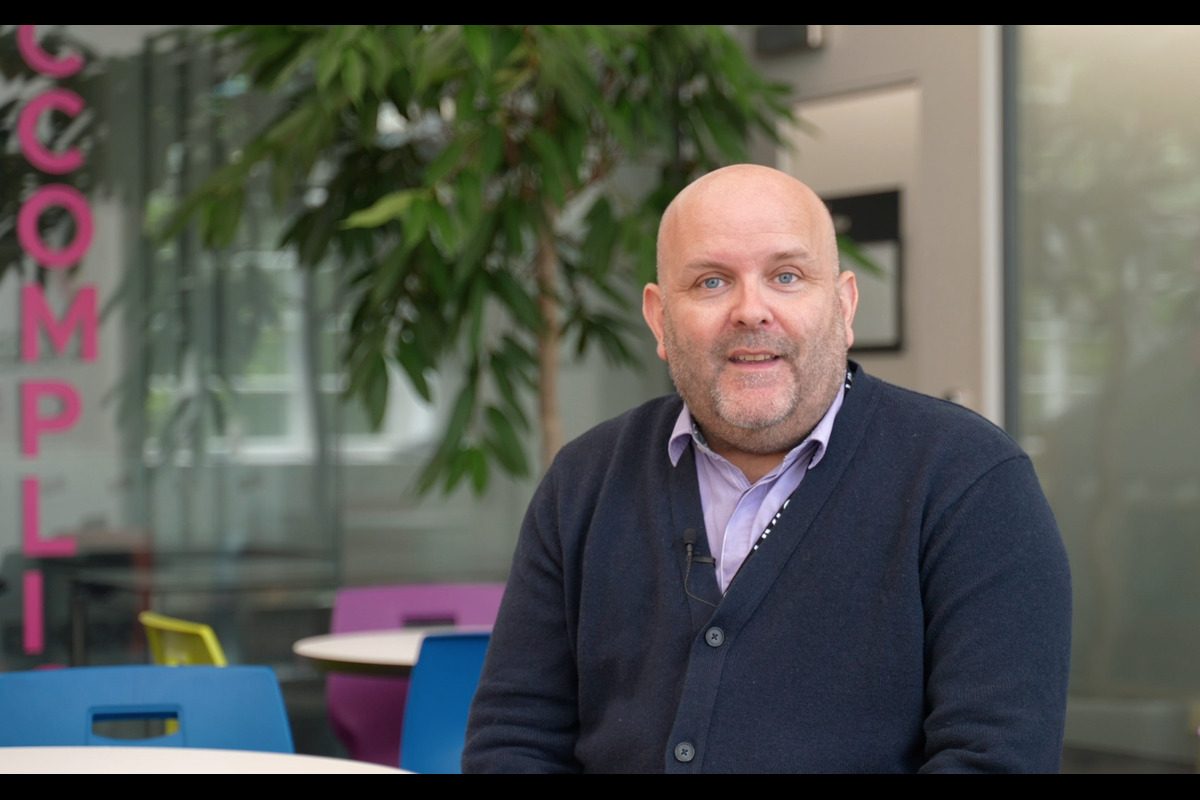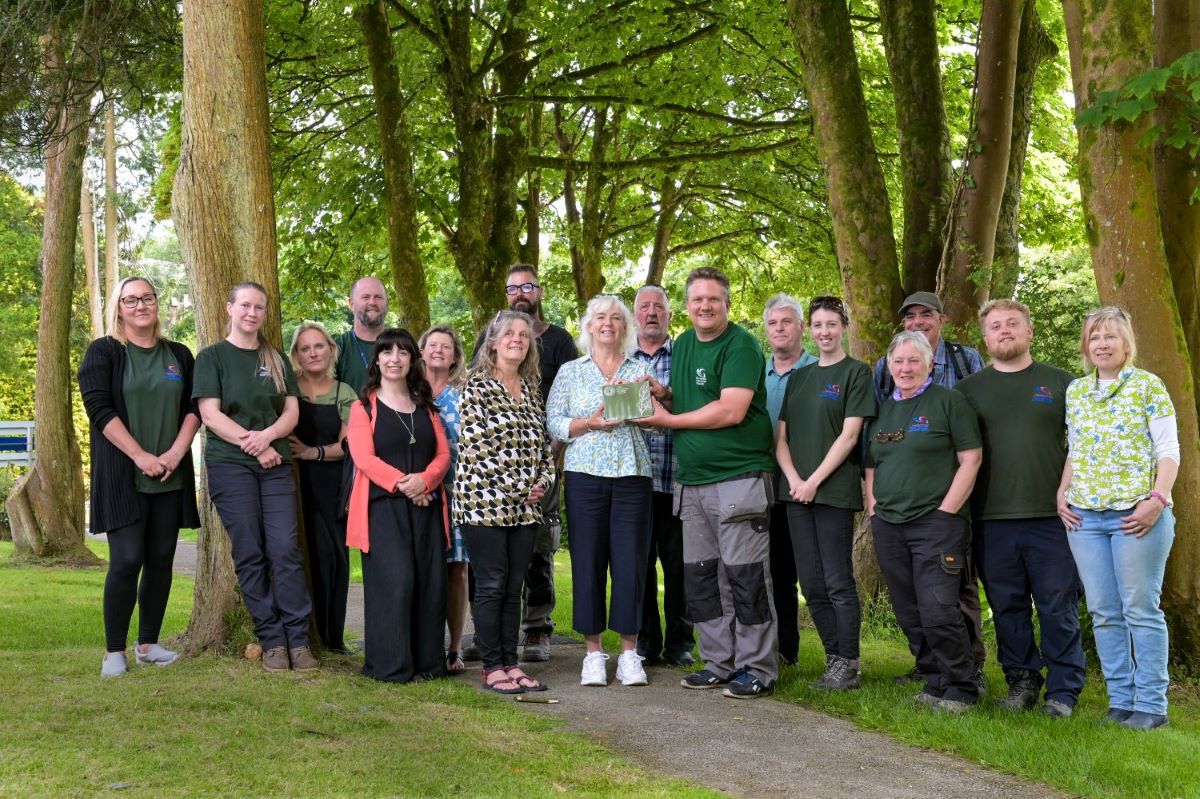Research project aims to shape the NHS intensive care provision for children experiencing mental health problems

The National Association of Psychiatric Intensive Care (NAPICU) has partnered with the University of Salford, for a ground-breaking research project that aims to shape the urgent and intensive care provision for children and young people experiencing mental health problems in the UK.
The research will focus on developing the evidence base to improve care quality and outcomes for children and young people requiring intensive therapeutic mental health care.
The three-year project will generate new knowledge that will directly contribute to NHS England’s drive to transform children and young people’s mental health services through development of evidence-based services and solutions to the challenges facing children and young people experiencing acute and complex mental health needs.*
With an increase in emergency mental health care referrals by over 50% in the past three years, there has been a mounting demand for mental health services to support children and young people. There were 32,521 emergency and urgent referrals to child and adolescent mental health services crisis teams in 2022-23 alone.**
The research proposal, which has successfully secured a £280K research grant to NAPICU via a charitable donation from Janie Jackson, was developed by Dr Celeste Foster from the University of Salford alongside NAPICU’s Dr Beryl Navti.
The research project will be led by the Chair of NAPICU and Consultant psychiatrist, Dr Stephen Pereira, alongside Celeste as the academic principal investigator.
Stephen said:
“We are very grateful to Janie Jackson for the significant funding that will allow us to deliver this incredibly important research project, which should positively impact the lives of our children and young people experiencing serious mental health challenges.”
Celeste said:
“A range of recent studies and government-commissioned reports have laid out the nature and extent of the challenges facing children and young people, their families, and the organisations and staff trying to provide care for them. However, the evidence-base upon which to base development of effective services and treatments for this age group is very limited.
“What is needed now is a generation of rigorous, practice-driven, research evidence and innovation to respond to these pressing challenges effectively. This research project is intended to bring together a community of practice to address this gap.”
The project will also include a fully funded industrial PhD studentship at the University of Salford, in order to build research capacity within the Child and Adolescent Mental Health Services (CAMHS) clinical network, and a programme of national stakeholder and service user engagement.
Janie Jackson said:
“I’m delighted to fund a PHD student to carry out this vital research. I’m passionate that children and young people get better help when suffering from mental health issues. Mental health challenges affect people of all ages, social groups and sectors of society and there’s simply not enough provision in particular for young people. This project will do incredibly important research into how to improve access to emergency mental health care for younger sections of society.”
A mixed methods research design will establish a comprehensive understanding of how care provision for children and young people experiencing acute and complex mental health needs is organised, implemented and used, drawing out implications for improving standards for future design and delivery of intensive therapeutic mental health care.










Responses